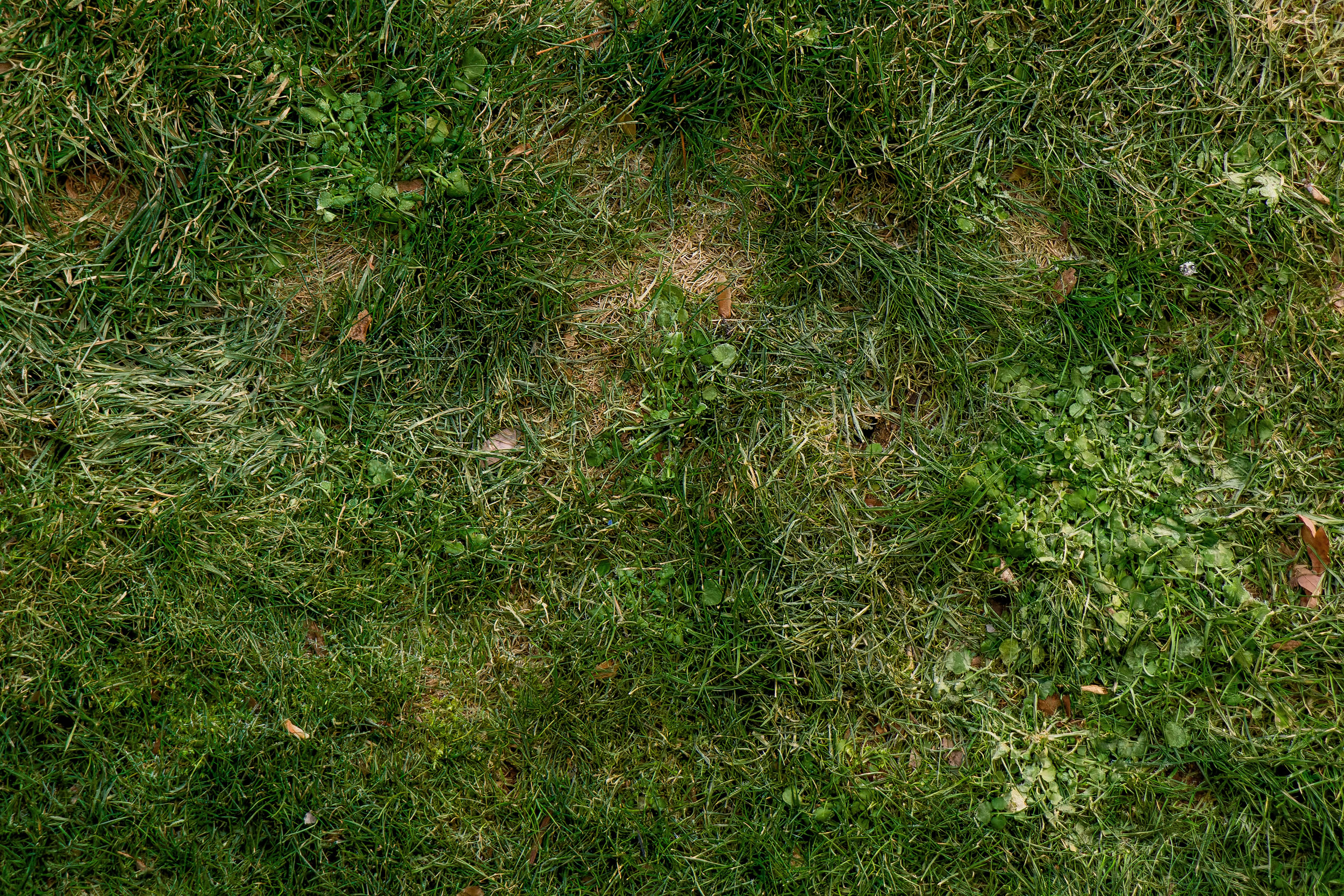Understanding Lawn Diseases
Lawn diseases are caused by a variety of factors including fungal infections, poor maintenance practices, and environmental conditions. These diseases can manifest in various forms, such as brown patches, rust, and mildew, affecting the aesthetic and health of your lawn. Understanding the root causes is the first step in effective prevention.
Common Types of Lawn Diseases
Brown Patch
Brown patch is a common fungal disease that affects cool-season grasses. It usually appears as circular brown patches and thrives in warm, humid conditions.
Rust
Rust appears as orange or yellow powdery spots on grass blades. It typically occurs during dry weather and can weaken the grass, making it more susceptible to other diseases.
Powdery Mildew
This disease is characterized by white, powdery spots on grass blades. It often occurs in shaded areas with poor air circulation.
Preventive Measures for Lawn Diseases
Proper Watering Techniques
- Water deeply but infrequently to encourage deep root growth. Prevent overwatering to avoid fungal growth.
- Avoid watering in the late evening to reduce the risk of fungal growth.
Regular Mowing Practices
- Keep your mower blades sharp to prevent tearing grass, which can invite disease.
- Adjust mowing height according to the season to maintain healthy growth. Learn more about lawn mowing techniques.
Soil Aeration
Aerating your lawn helps improve air circulation and reduces soil compaction, making it harder for diseases to take hold. Discover why fall is the optimal season for lawn aeration.
Fertilization
Use a balanced fertilizer to provide essential nutrients that strengthen grass and improve its resistance to diseases.
Choose Disease-Resistant Grass Varieties
Opt for grass types that are known for their resistance to common diseases in your region.
Diagnosing Lawn Diseases
Early diagnosis is crucial in managing lawn diseases. Regularly inspect your lawn for signs of distress and consult with a lawn care professional if you notice unusual patterns or colors.
Conclusion
Maintaining a healthy lawn requires a combination of proper care techniques and preventive measures. By understanding common lawn diseases and implementing strategies such as proper watering, mowing, and fertilization, you can protect your lawn from diseases and ensure its lush, green appearance. For those who need extra help, consulting with a lawn care expert can provide tailored advice and solutions. Start implementing these strategies today to enjoy a disease-free lawn.
